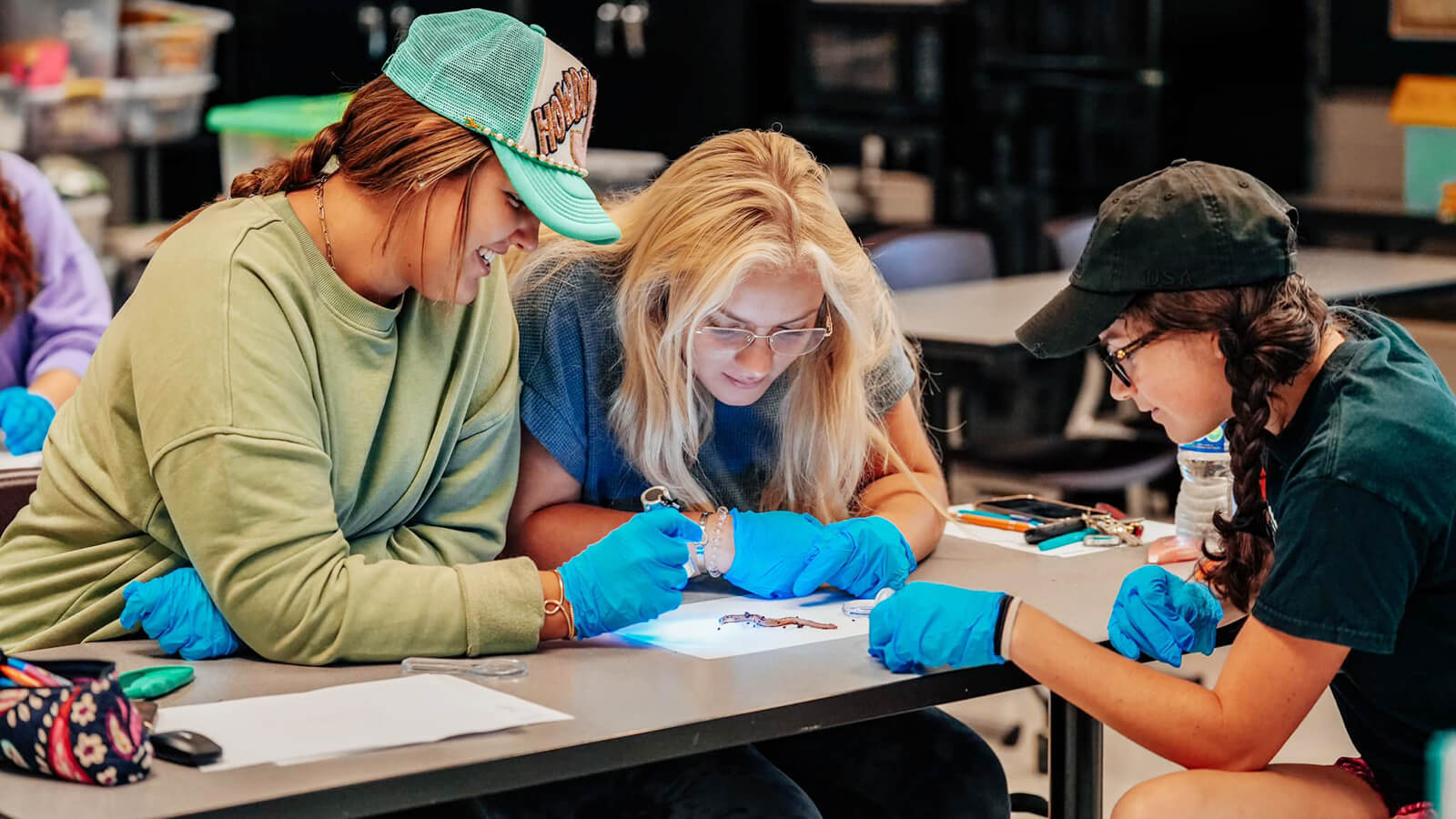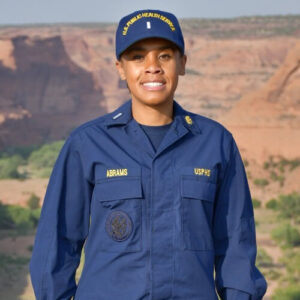
Corbin Regional Campus
Corbin Regional Campus
Earn Your Degree Close to Home
EKU Corbin offers classes to meet all general education requirements, access to fully online programs, and a selection of fully on-campus degree programs. EKU Corbin classes are offered mornings, afternoons or evenings to fit your busy lifestyle. Regional campus students who are majoring in a program offered fully online are permitted to take both online and Corbin course offerings.
Learn More
Corbin Regional Campus Programs

EKU Corbin Information
Advisor & Counselor Information
Faculty and staff advisors are available to work with students to clarify career and life goals, develop meaningful academic plans, and optimize academic potential. Students should meet with the academic advisor that corresponds with their intended degree.

Connie Hodge
859-622-6776
connie.hodge@eku.edu
Additional Contact Info
Admissions: 859-622-2106
Academic Testing: 859-622-1281
Big E Central (Financial Aid & Student Account Services): 859-622-2361
Military & Veterans Affairs Office: 859-622-2345
Student Stories & Features
Guides & Resources
News & Updates
EKU Sets New Fundraising Record for 2024–25
Get Ready for Big E Welcome 2025 at EKU
A Shared Vision
Contact Information
Corbin Regional Campus
One Pennington Way
Corbin, KY 40701
606-528-0551
859-622-6640
Fax: 859-622-6625
corbin@eku.edu







